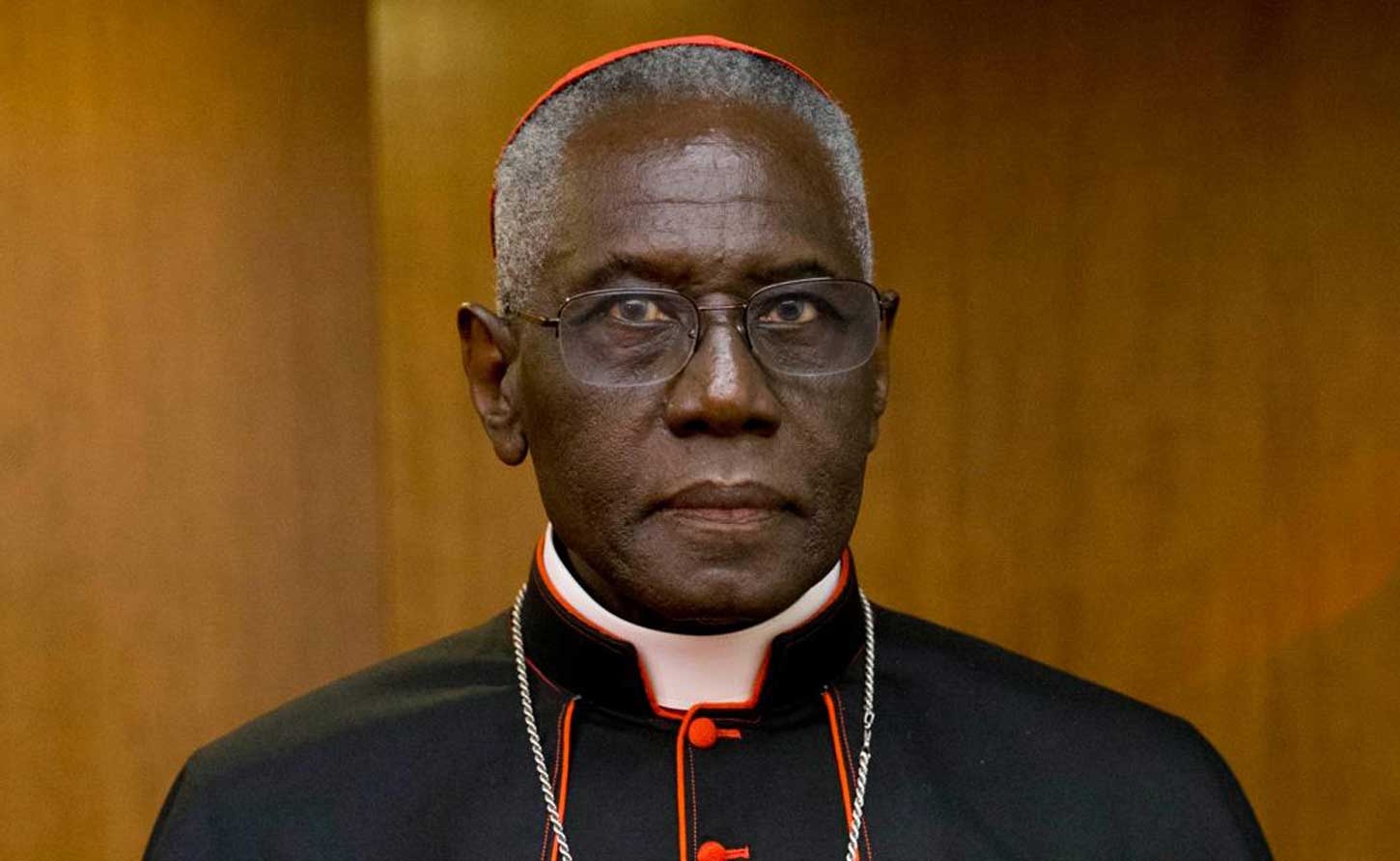RELIGION | Cardinal Robert Sarah Of Guinea: Africa's Path to the Papacy?

MONTEGO BAY, Jamaica, April 27, 2025 - As the College of Cardinals prepares to elect a new pope following the death of Pope Francis on April 21, Cardinal Robert Sarah of Guinea stands at the threshold of history—poised to potentially become the first Black pontiff of the modern era.
The papal throne, for centuries a bastion of European dominance, may finally reflect the seismic demographic shift that has transformed Catholicism in recent decades. With the faith's center of gravity tilting decisively toward the Global South, Cardinal Sarah represents not just a candidate but a symbol of the Church's evolving identity.
"The choice of an African Pope, a black man like Robert Sarah, would be a strong expression of appreciation for the continent," notes Edouard Sanyo, Chief of Staff of Guinea's General Secretariat for Religious Affairs. "The Pope who left us was Argentinian, not European. This means that the Church has already crossed a historical barrier. So why shouldn't it now be an African?"
Indeed, Sarah embodies the paradox facing today's Catholic Church—a guardian of tradition from a continent that represents its future. At 79, the Guinean cardinal has built his reputation as an unflinching defender of orthodoxy, a theological counterweight to what some conservatives viewed as Francis's progressive leanings. His unwavering positions on family, sexuality, and liturgy have made him a polarizing figure—revered by traditionalists and viewed warily by reformers.
The African continent, once a missionary frontier, now boasts some of Catholicism's most vibrant and fastest-growing congregations. The faith that European colonizers brought to Africa has been embraced, transformed, and now stands ready to lead the global Church. Of the 135 cardinals eligible to become pope, 18 hail from Africa—a small but significant voting bloc that reflects the continent's rising ecclesiastical influence.
Sarah's journey from humble beginnings in rural Guinea to the upper echelons of Vatican power embodies the universal promise of the Church. Yet his advanced age remains a significant hurdle, with his 80th birthday—the cutoff for conclave participation—approaching in June. This narrow window adds urgency to his prospects.
While Sarah's name features prominently in papal speculation, he is not without African competition. Ghana's Peter Turkson and the Democratic Republic of Congo's Fridolin Ambongo Besungu have also emerged as potential frontrunners from the continent, according to reports from Politico.
The historical irony of discussing a "first Black pope" cannot be overlooked. The early Church actually saw several African-born pontiffs, including Pope Victor I (189–199 AD), Pope Miltiades (311–314 AD), and Pope Gelasius I (492–496 AD). These forgotten chapters of Catholic history underscore how deeply intertwined Africa has always been with Christianity's development.
As white smoke eventually rises from the Sistine Chapel's chimney, announcing the conclave's decision, the selection of Cardinal Sarah would represent more than a personal triumph. It would signal recognition that the future of Catholicism lies increasingly in the hands of the faithful from regions long relegated to the Church's periphery.
For a faith institution that measures change in centuries rather than years, the elevation of an African to St. Peter's throne would mark both a radical departure and a return to its earliest roots. Whether the College of Cardinals embraces this historic opportunity remains the question that will define Catholicism's direction for decades to come.
-30-
